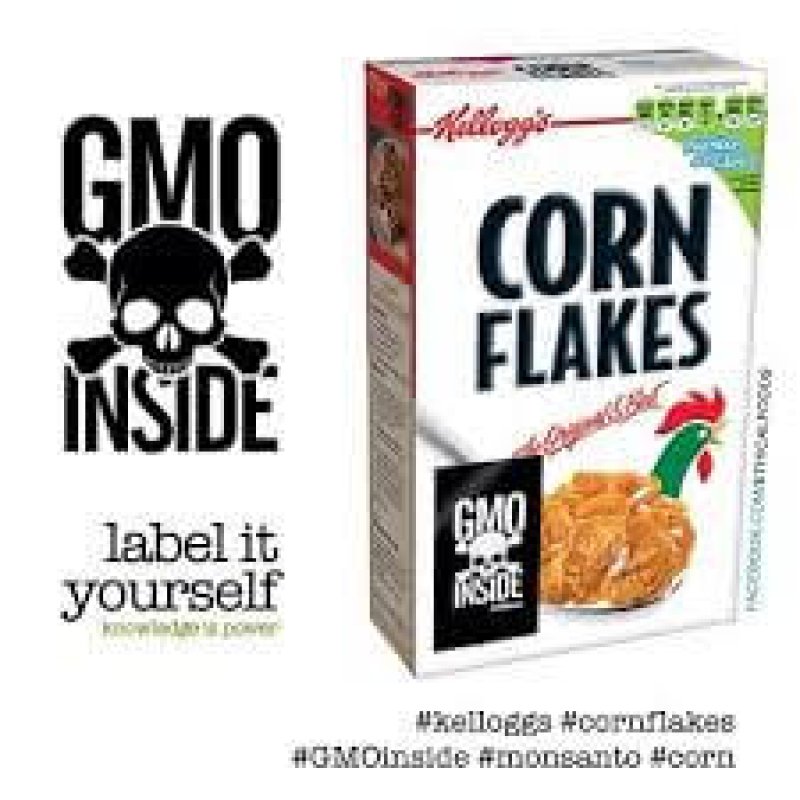The GLP aggregated and excerpted this blog/article to reflect the diversity of news, opinion and analysis.
Type ‘depression’ into the Apple App Store and a list of at least a hundred programs will pop up on the screen. There are apps that diagnose depression (Depression Test), track moods (Optimism) and help people to “think more positive” (Affirmations!). There’s Depression Cure Hypnosis (“The #1 Depression Cure Hypnosis App in the App Store”), Gratitude Journal (“the easiest and most effective way to rewire your brain in just five minutes a day”), and dozens more. There are apps pitched at people struggling with anxiety, schizophrenia, post-traumatic stress disorder (PTSD), eating disorders and addiction.
This burgeoning industry may meet an important need. Estimates suggest that about 29% of people will experience a mental disorder in their lifetime. Data from the World Health Organization (WHO) show that many of those people — up to 55% in developed countries and 85% in developing ones — are not getting the treatment they need. Mobile health apps could help to fill the gap. Given the ubiquity of smartphones, apps might serve as a digital lifeline — particularly in rural and low-income regions — putting a portable therapist in every pocket.
But the technology is moving a lot faster than the science. Although there is some evidence that empirically based, well-designed mental-health apps can improve outcomes for patients, the vast majority remain unstudied. They may or may not be effective, and some may even be harmful. Scientists and health officials are now beginning to investigate their potential benefits and pitfalls more thoroughly, but there is still a lot left to learn and little guidance for consumers.
Read full, original post: Mental health: There’s an app for that































